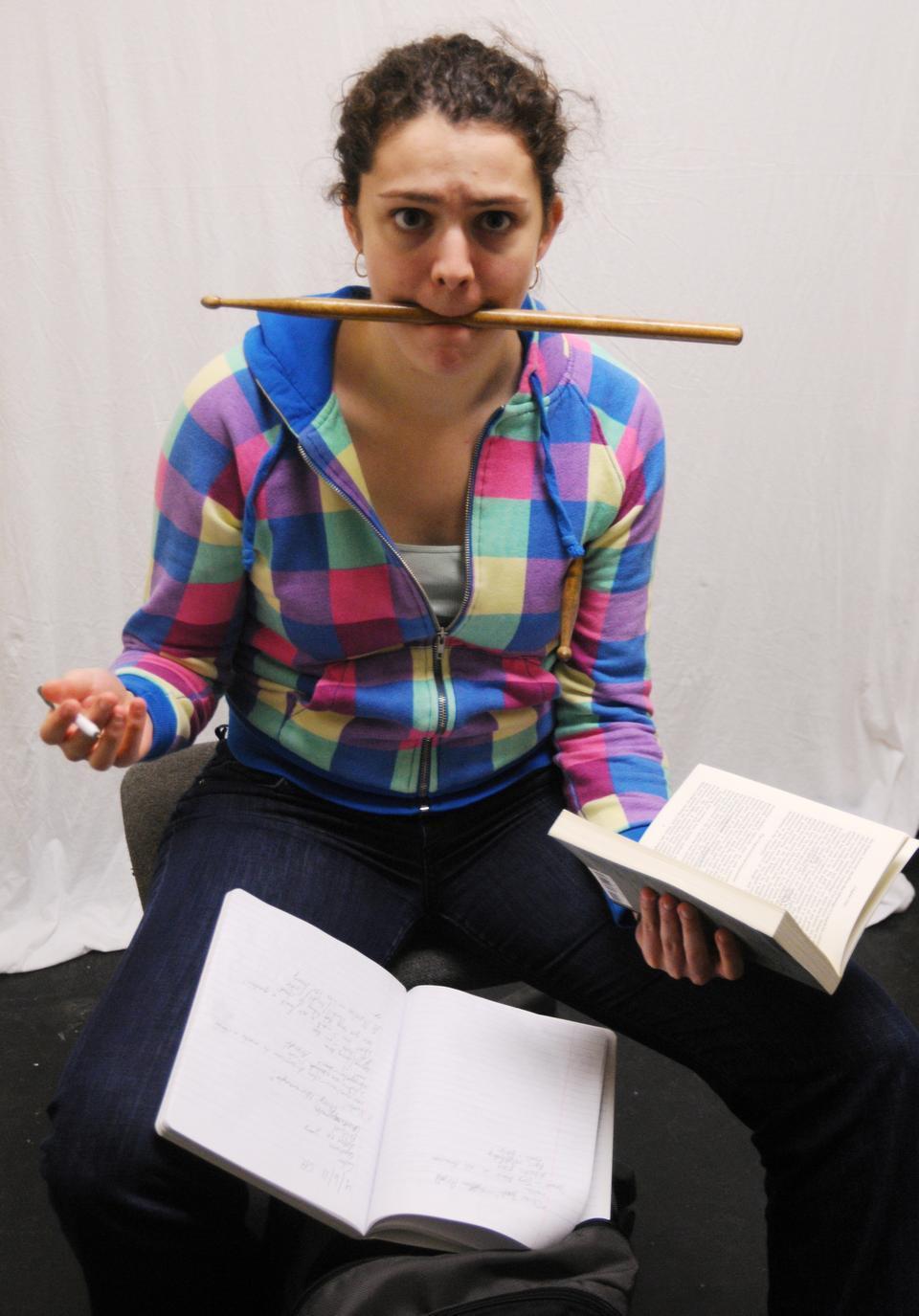
Midterm Mayhem
The week before spring break of this semester, I had a lot to do: Monday, paper due, Tuesday, paper due, Wednesday, midterm exam, Thursday, midterm exam. On the other hand, last year, during my sophomore spring, I had six (count ’em, six) midterm exams spreading their wings across an entire semester.
If midterm assignments were mattresses, my current semester would represent those tiny cots I used to sleep on at camp—just a tad too tight, even by 12-year-old standards. My sophomore spring, on the other hand, would be a king-sized mattress. No, scratch that: it would be a Sealy California King Posturepedic mattress. Why do you need all that space? There were too many important tests taking place over too long a period. Last year, I was preparing for midterm exams essentially every other week, in addition to doing other regular problem sets, essays, and assignments.
Harvard students lament their tri-midterm courses. Some have a “midterm” one week into the semester or one week before Reading Period, leading us to ask why we even call them “midterms” at all. Occasionally, instructors try to cover up the misleading lexicon by terming them “hourlies.” Whatever their name, they still have a significant impact on students’ academic and social lives. Each is worth enough to justify losing a couple days of sleep, or having a weekend in, or forfeiting other homework.
Students must be held accountable to midterm exams and assignments, and I appreciate the opportunity to synthesize the material I have learned in a course. But Harvard’s current midterm structure undermines students’ abilities to do their best work; to complete other, non-graded homework; and often, to do nonacademic things that otherwise make them happy. Students consequently must focus on several, high-valued midterms, and the opportunity costs of doing “regular” homework for other classes is steep. Rather than making us better students, midterms as they currently function spread us thin.
Harvard’s unstructured and unwieldy midterm process demands reform. Much care is taken by the Registrar’s Office to prepare a final exam schedule, but this is not the case for midterms—even though students take them while balancing competing academic and extracurricular commitments. The Registrar and the College administration should think about ways to turn this disjointed mess into a clean, logical system.
Take Princeton, for example. Our friends from Dirty Jersey have one week each semester devoted to midterms and papers, followed by a one-week break (another novel idea: fall break!). Sure, it is probably an awful week, but it is still better to devote all of one’s efforts to a short, test-specific period than to compromise one’s priorities and come up short on all fronts. Furthermore, since all Princetonians are working at the same time, everybody’s staying in, and there’s no chance of missing out—unlike at Harvard, where some students miss out on Housing Day activities because they have a midterm, or simply don’t study.
Princeton’s system is imperfect, as they too offer some midterms over the course of the semester, but Harvard could adapt from their model. For classes that offer multiple “midterms,” the ones that took place during this week could be worth more. So students do not miss out on Harvard’s traditions, the midterm week could occur immediately before the Harvard-Yale Game and Thanksgiving break in the fall and Housing Day and March break in the spring.
But where would this extra week come from? Our long January break is one option. So are some of the days that mysteriously disappeared from Reading Period when the Harvard calendar switched (Reading Period was 12 days in Spring 2009 but will be just eight days this spring).
As it stands, midterm mania is miserable, almost as maddening as Liz’s lame ’literations. Until the Registrar and College administrators reconsider the midterm system, Harvard students will be seething—and probably doing so as they study for yet another exam.
—Elizabeth C. Bloom ’12 is a junior in Currier House. She hopes Harvard figures this “midterm” business out before Yardfest.


